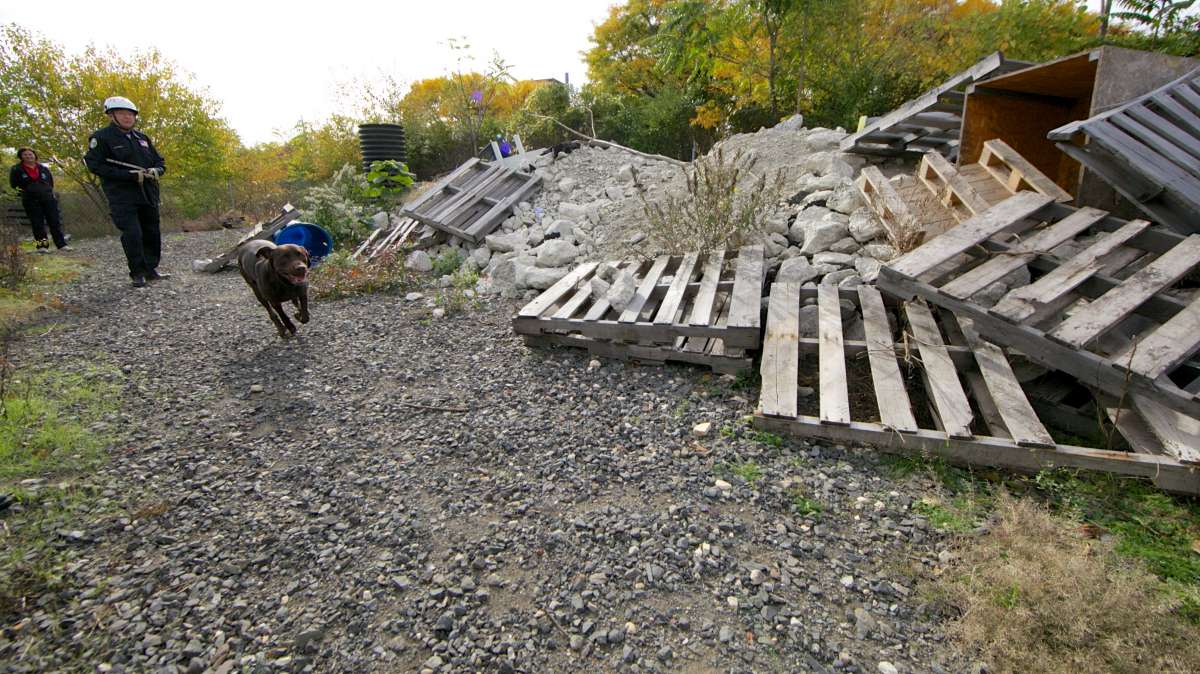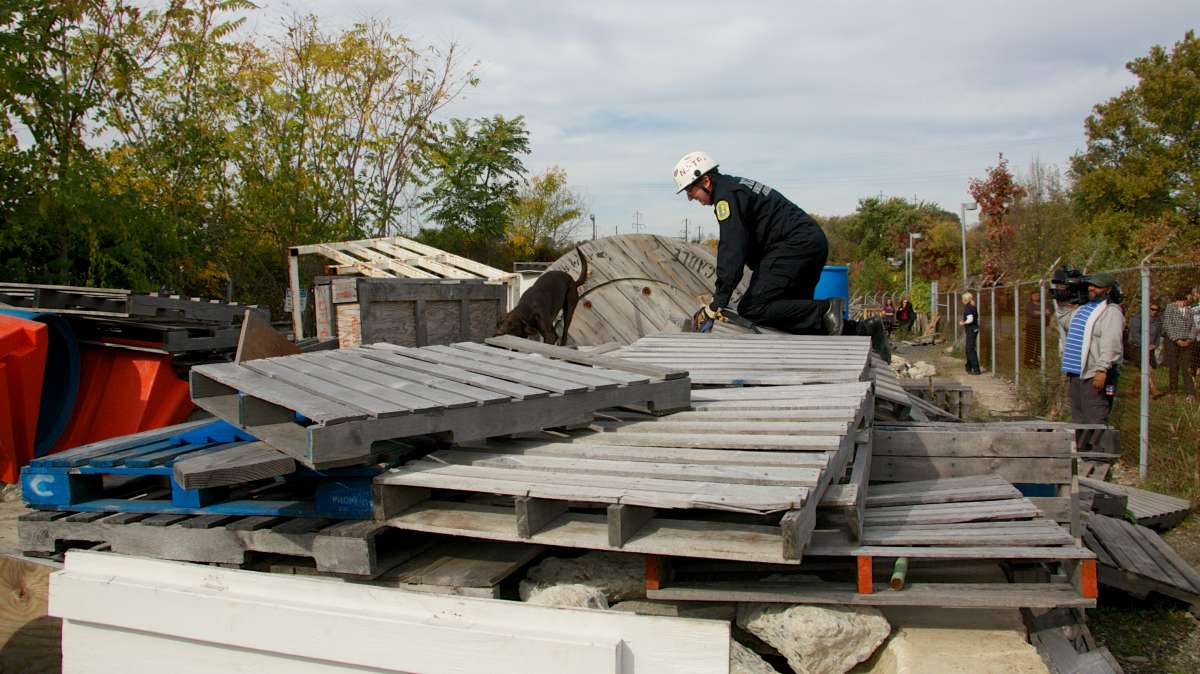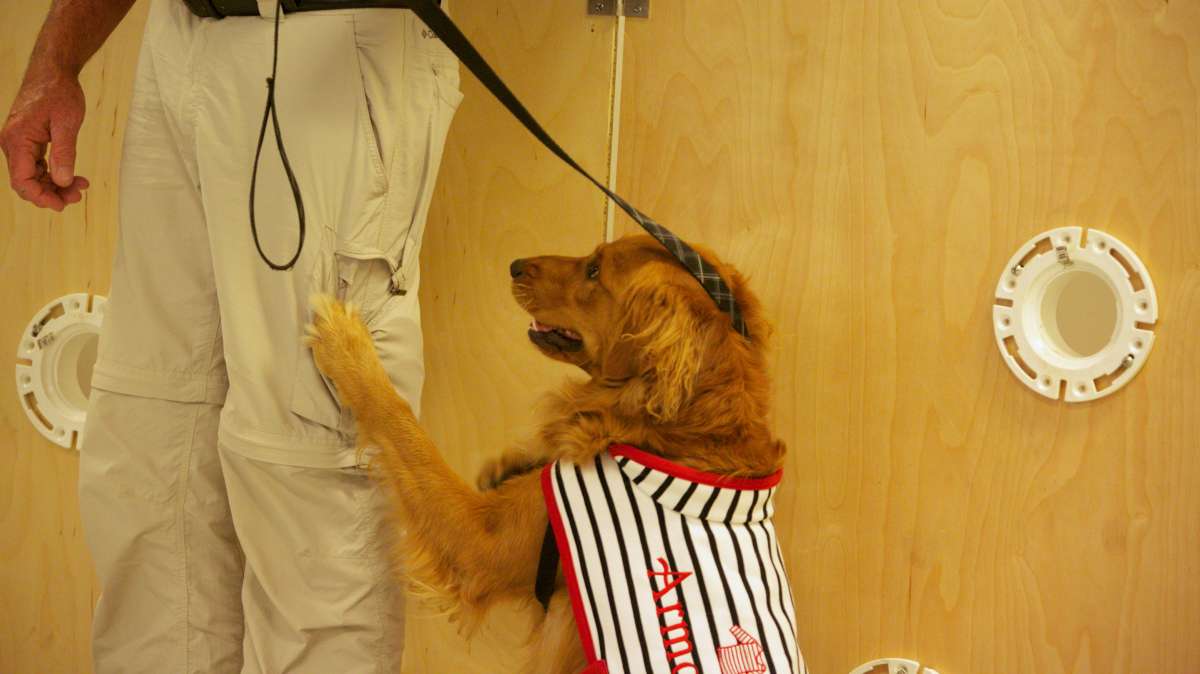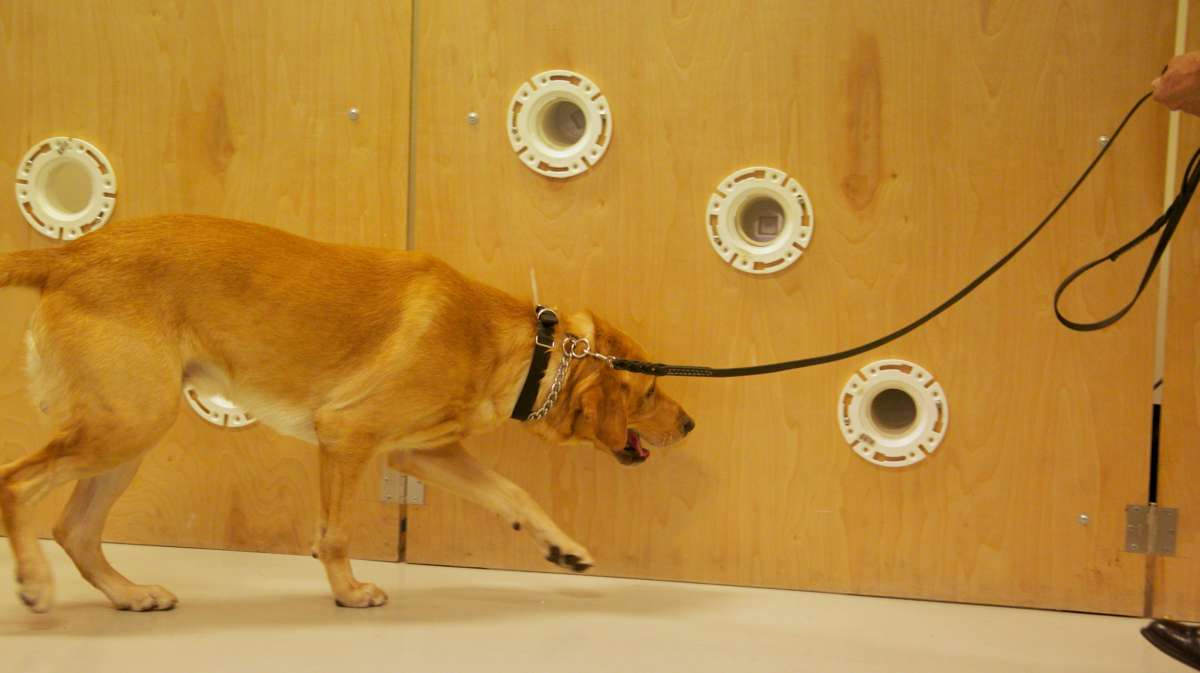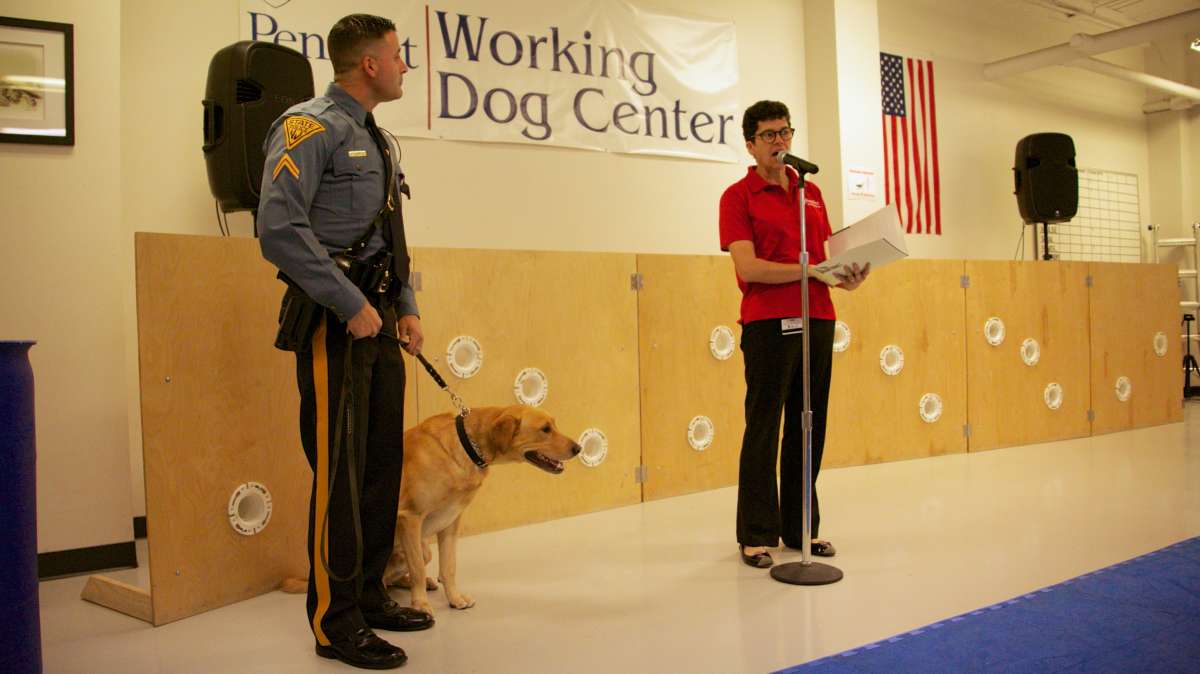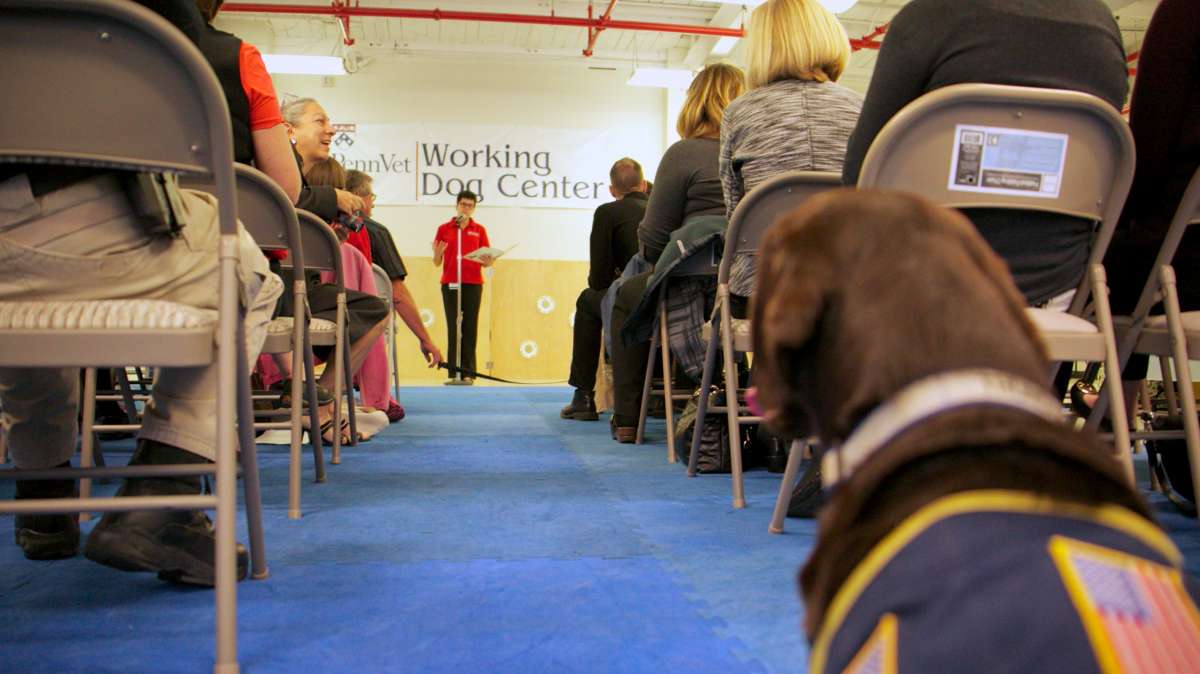More than blackish
When I first heard of the new ABC show “Black-ish” I immediately thought: “It’s about time.” But when I saw the commercials and read the synopsis, I had mixed feelings. I grew up in the suburbs of Philadelphia (Wyndmoor), and I was worried that the show could cause more of what I personally don’t want: the continued scolding and mocking of middle-class black people because of where they grew up.
A few years ago I went to Chestnut Hill Hospital to get my foot X-rayed. I paid for my visit and said “thank you” to the desk receptionist. An older black woman beside me looked at me and asked, “Where you from?”
I knew what was coming. “Why do you want to know?” I said.
“Where you from?” she asked again.
Not black enough?
I know why she asked. I’m a black man who speaks proper English. She asked me to thank my parents. Despite her polite attempt, it triggered my defense mechanism: my body language communicating expletives, my eyes rolling in a “not again, here’s another one coming at me for ‘how well I speak,’ shut up, mind your business” demeanor.
At least she meant well. Usually when I’m asked about how I talk or my use of the English language, it isn’t intended in kindness.
When I first heard of the new ABC show “Black-ish” I immediately thought: “It’s about time.” But when I saw the commercials and read the synopsis, I had mixed feelings. I grew up in the suburbs of Philadelphia (Wyndmoor), and I was worried that the show could cause more of what I personally don’t want: the continued scolding and mocking of middle-class black people because of where they grew up.
Being black in America and being black in the suburbs has drawn unwanted attention at times. I’ve experienced racism (being called “NIGGER!” from speeding cars is not fun), and black people and non-black people have called my “blackness” into question. Now, don’t get me wrong — I’m happy about my life, and I don’t want to come across as complaining or ranting — but let’s be honest: It doesn’t take a genius to see that there is a clear issue within the black community and (American) society in general about who rates as “black enough.”
I’ve watched in disappointment in the Gallery as a young black student teased a young black girl, calling her “white” because she lived in Mt. Airy. I know black people who listen to genres of music besides hip-hop and R&B but are afraid to express themselves because of their neighborhoods.
This bile has repeatedly seeped into mainstream media. Just ask Russell Wilson, Donovan McNabb, Robert Griffin III, or Wayne Brady. Charles Barkley recently commented that many well-educated, well-spoken black people are looked down upon by black peers. I have observed that not every black person has that unfortunate mindset, but I’ve seen it enough to know that there are a fair amount who do. And it’s not just black people; everybody does it. Hell, I’ve seen white people with the audacity to say what they perceive isn’t black enough.
So when shows like “Black-ish” arise, I can’t help but look at it differently from how others would, because it’s obvious to me that much of this is due to the stereotypes perpetuated by mainstream media.
The show offers more hope than real life
“Black-ish” has actually surprised me in many ways. I was prepared to roll my eyes at jokes about middle-class black people being “whitewashed,” but from the first episode, I found the show to be elegant and heartfelt.
The show highlights the generational differences among Andre “Dre” Johnson (Anthony Anderson); his understanding, idealistic wife, Dr. Rainbow Johnson (Tracee Ellis Ross); their kids, Zoey (Yara Shahidi), Andre (Marcus Scribner), Jack (Miles Brown), and Diana (Marsai Martin); and his loving and hilarious like-minded father “Pops” (played by Morpheus, a.k.a. Laurence Fishburne).
The children subtlety inspire hope for me, because they are not as “racially bound” or consumed with race as the “old-school” Dre is. Dr. Johnson, a bi-racial woman who identifies as black, is understanding and even hopeful that her children aren’t bound by race. All Dre wants to do is teach his kids to be proud of, and not to lose, their black identity or sense of culture. I can’t help but applaud the show’s attempt to politely and tastefully poke fun at those intersecting themes. In my opinion, “Black-ish” has done an exceptional job at playfully yet respectfully portraying the conundrums of racial identity.
Unfortunately, in my experience, the real world is not nearly as understanding, hopeful or playful. If I had it my way, the show wouldn’t need to be called “Black-ish.” Watching it compels me to think about the seemingly limitless uninvited occasions throughout my life when my blackness was questioned, when I experienced true racism, and when people who didn’t realize how awful they sounded made ridiculous statements or asked me ridiculous questions:
“Why can’t I say the N word?”
“My ancestors were racist. I didn’t do anything.”
“Yo-yo-yo. What’s up, yo?” (in mocking fashion)
“You’re not black.”
“Oh my, you speak so well!”
“I heard that black women’s hair smells.” (I don’t think the person who said this realized how obnoxious a comment this was).
“Nigga listens to metal?!”
“They don’t like you because they think you’re an Oreo.”
“Oh, that’s my friend, he’s not really black.”
Sometimes someone will expect me to know how to do a dance, or they’ll ask (innocently) dumb and pathetic things: Why do black people do this? Why do black people do that?
Just being me — imperfect and proud
I was told as a child and teenager to be prepared for racial situations. By age 12 I knew that it was inevitable that I would be called a the N-word in some form. I knew that I would come in contact with people who would resent and judge me — not based on my personality but because of my skin color. I knew there was the possibility of being stopped for no reason by a policeman or that I would be followed by a clerk in a store. The unfortunate thing is that almost everything I was warned about has happened — and not because I expected it to, either.
Through it all, I just try to be me. I’m not perfect. I have made mistakes and said stupid things, too, but I’ve made the effort to understand what is appropriate and not appropriate to say about anyone. I take pride in connecting with all kinds of people. I don’t allow myself to be blocked by cultural barriers, nor do I block myself with them. And at the same time, I retain, appreciate, and constantly hone an appreciation of black culture. My mom and dad taught me about notable individuals in black history and helped me to understand what comes with being black in America, what to be knowledgeable about, what to expect, what to be proud of.
What I wasn’t necessarily prepared for were the divisions between the suburbs and the hood. There were times I tried to fit in when I was younger. In fact I would play up racial jokes, thinking in my teenage stupor that it was funny. But overall I never hid the fact that I grew up in the ‘burbs, and I never tried to act like someone I wasn’t.
My path toward understanding this journey started when I was 17 and I found out through my best friend that a “friend” of mine didn’t consider me black. I wondered: “What does that even mean?” How the hell can someone (in this case, a white person) talk about how black someone is? At that moment, 10 years ago, a door was opened — which one day I hope to shut — through which lies the countless instances where my blackness has been questioned. Words like “oreo,” judgments from friends who say I don’t know “the black experience.”
“He’s my black friend, but he really is white.”
“This guy’s, like, the whitest black guy you’ll ever meet.”
“You grew up there? Man, I’m blacker than you?”
Now, when I hear people say those things, I am quick to let them know how ridiculous they sound and that I won’t stand for such stupidity. I don’t associate with those people for too long.
Why does it have to be ‘Black-ish’?
I’m happy that “Black-ish” opens up subtle questions to its viewers about racial identity and fitting in. Maybe someday I won’t have to hear a young black boy say to a young black girl that she’s white because she goes to a good school and lives in Mt. Airy. Maybe someday, I can speak without people laughing, trying to make me feel awkward for “speaking properly.” Maybe someday I won’t have to worry about being called the N-word by cowards in a speeding car — or being followed in a store.
Most important, maybe someday the majority of people can see an individual, respect the race or ethnicity he or she represents, and understand that their color and background are extensions of the individual, merely pieces of an ongoing story.
But who wants that, anyway? I’m sure that some kid is being called “blackish” right now. Well, here’s a message to that kid, or any other kids, teenagers, and adults, of my race or any other, who have had similar experiences: In the end, all you have is you. You know who you are, and only you have the power to write your story.
WHYY is your source for fact-based, in-depth journalism and information. As a nonprofit organization, we rely on financial support from readers like you. Please give today.


